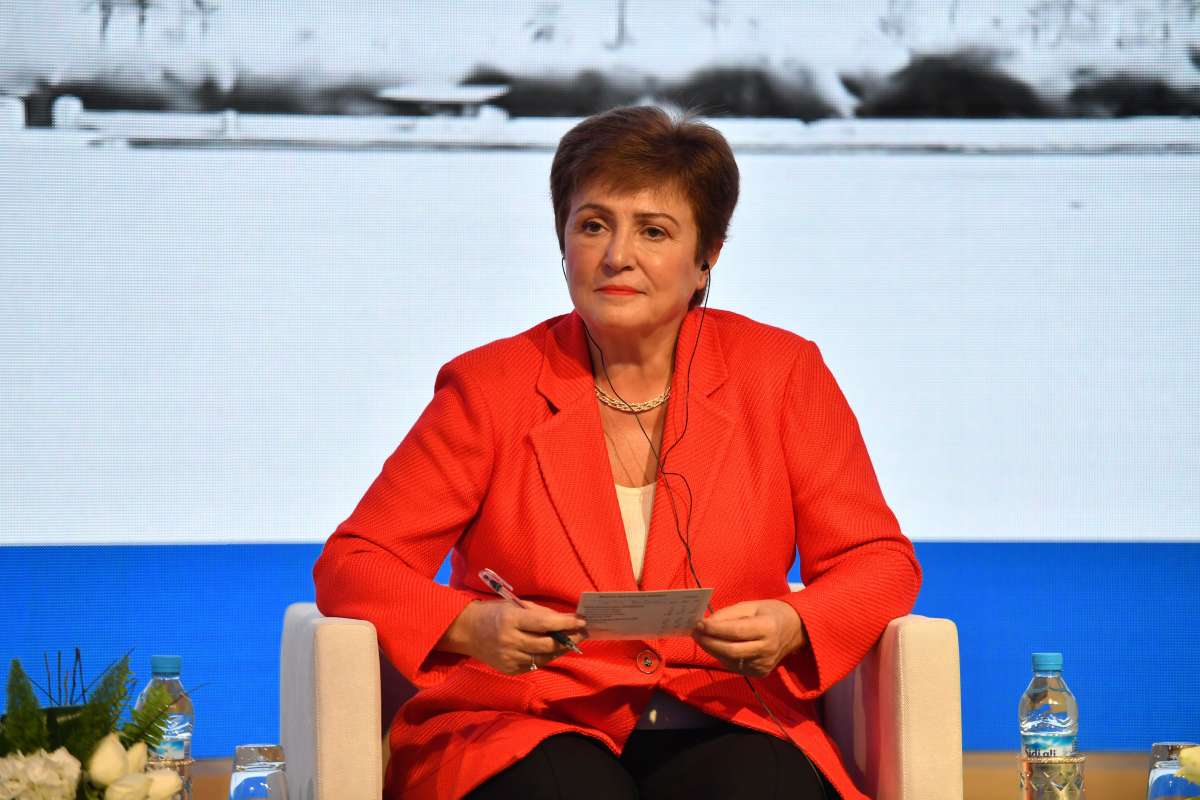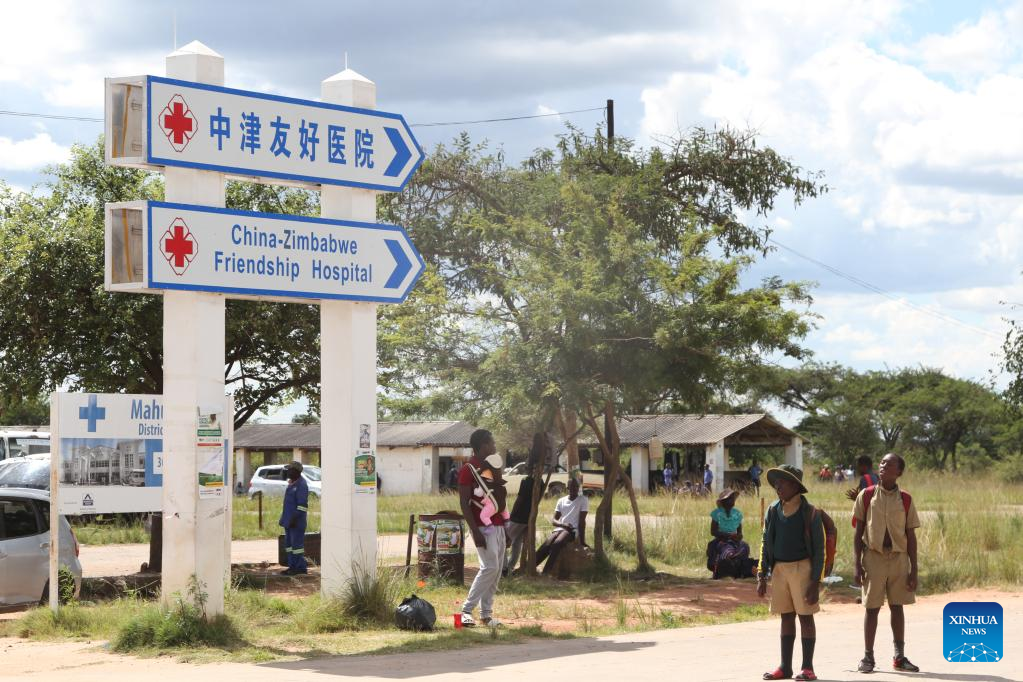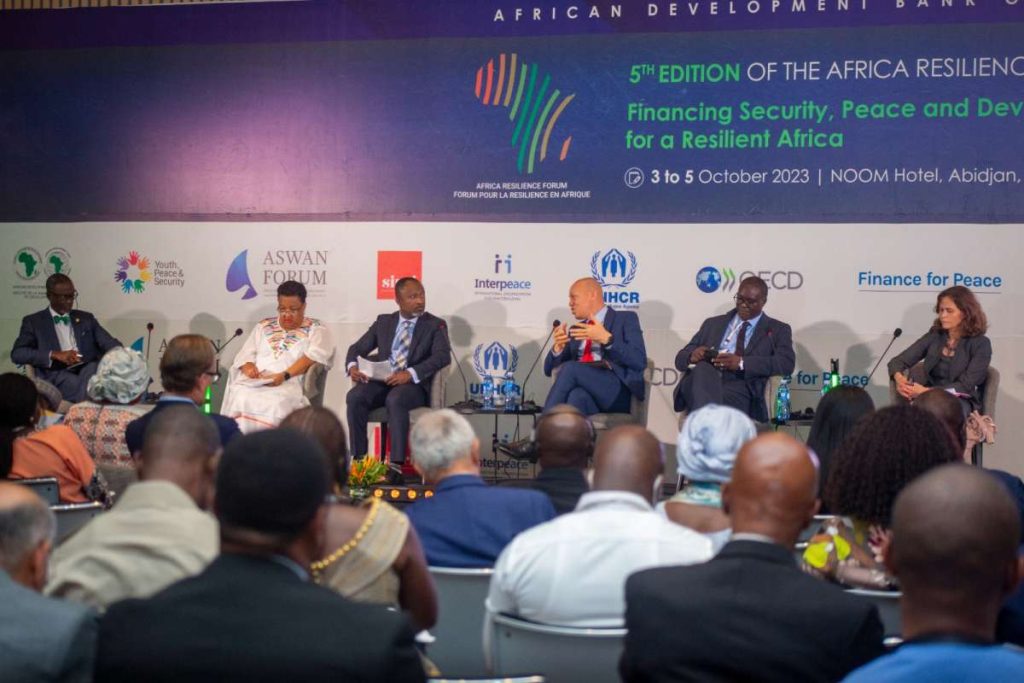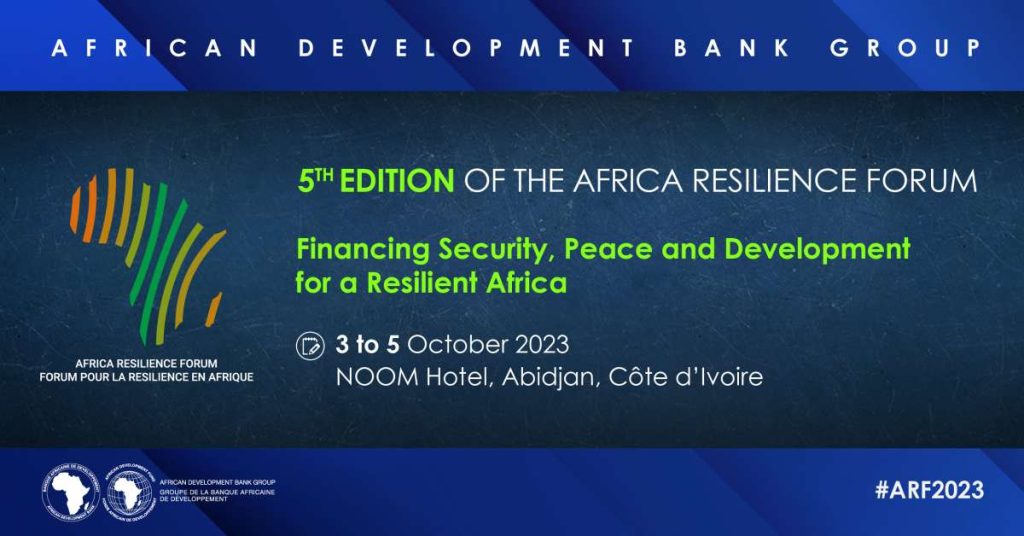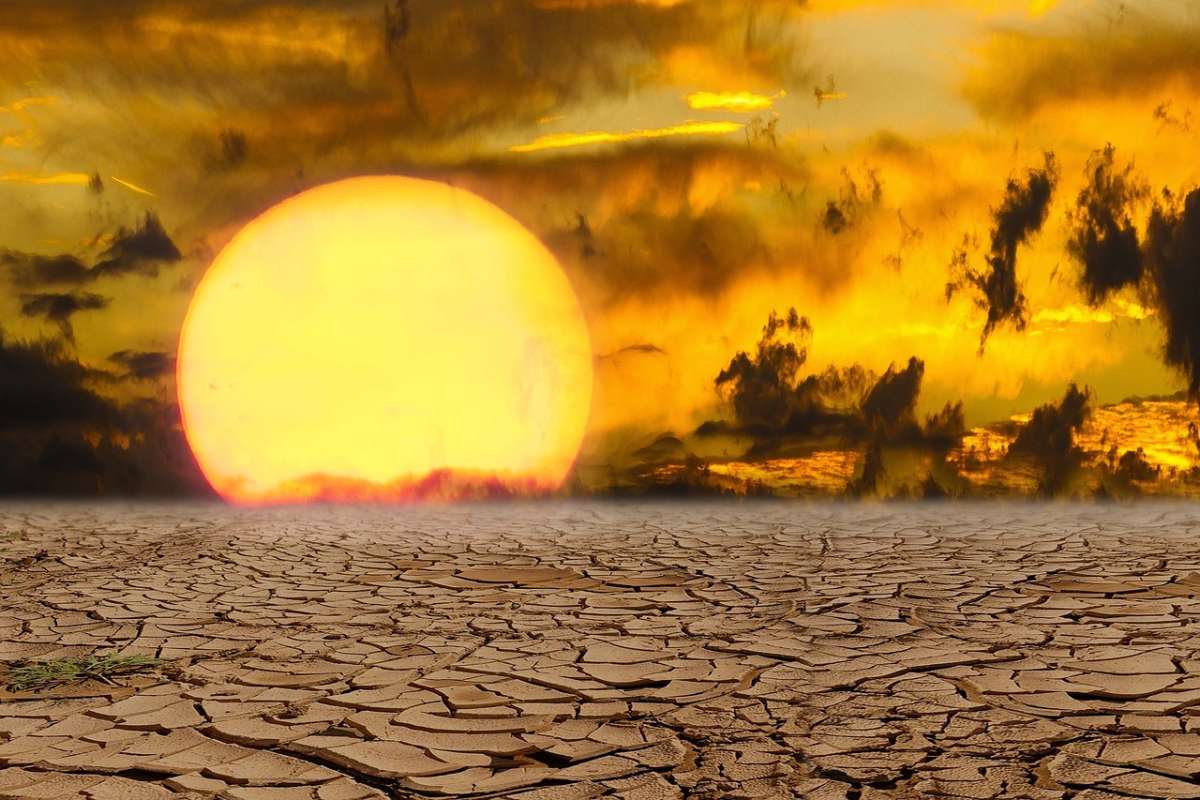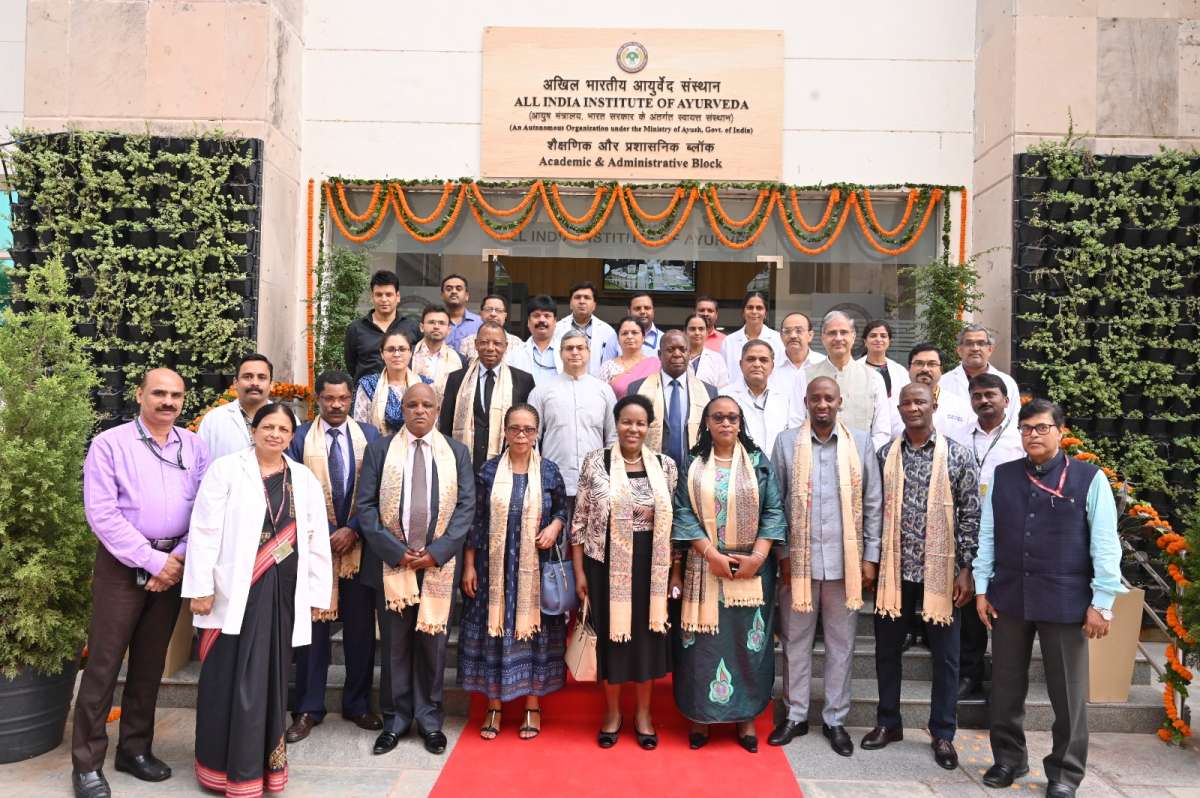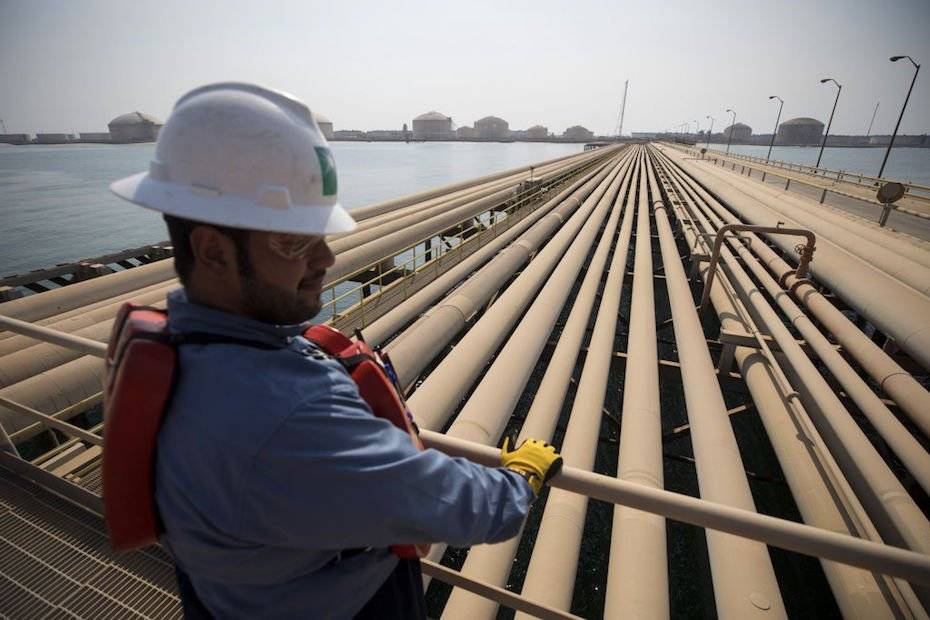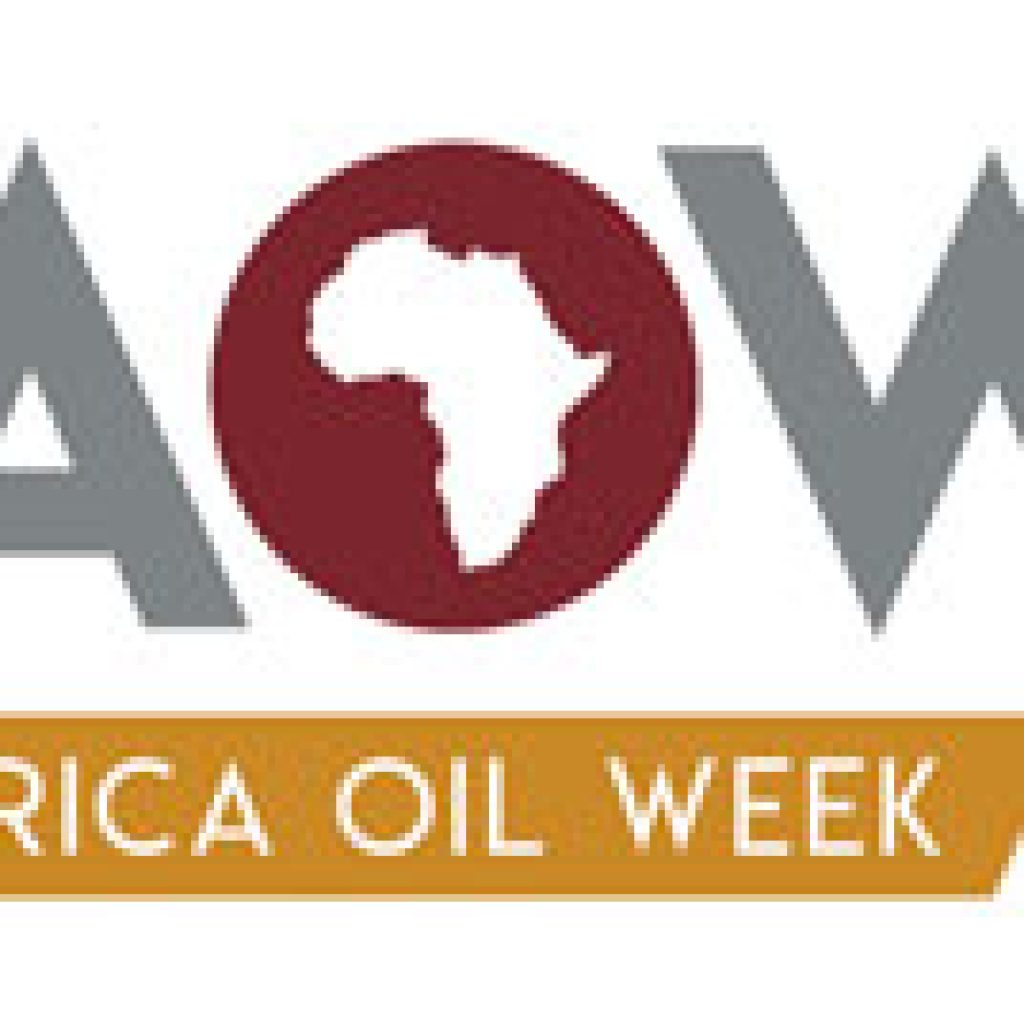While Algeria declared “full solidarity with Palestine” early on in the war, Kenya, Zambia, Ghana and the Democratic Republic of the Congo are among other African nations that have aligned with Israel’s position…reports Asian Lite News
Many in Africa are calling for a cease-fire and dialogue between Israel and Palestinians, and more protection of innocent civilians caught between Hamas terrorists and Israeli Defense Forces (IDF). The African Union (AU) and South Africa, for instance, have called for a complete cessation of hostilities.
Reactions contrast depending on a given country’s ties with Israel. However, many African leaders have not spoken out openly on the ongoing conflict. Those who have, condemned Hamas terror attacks, while others reiterated calls for a two-state solution.
Kenyan President William Ruto issued a strongly worded statement to condemn the Hamas attacks on Israel and urged the international community to take action against “perpetrators, organizers, financiers, sponsors, supporters and enablers” of what he described as criminal acts of terrorism.
In a statement on X, formerly Twitter, Ruto said, “Kenya joins the rest of the world in solidarity with the State of Israel and unequivocally condemns terrorism and attacks on innocent civilians in the country.”
In an interview, historian Samuel Kiptoo said Kenya and Israel enjoy strong bilateral relations. “Whatever happens to Israel is of great interest to Kenya as a country. When Nairobi was attacked in 1998, the Israelis were among the first to show up and rescue people from the debris.”
Angola, Kenya, Guinea-Bissau, and South Africa are among the African countries that have expressed concerns and condemned the ongoing Israeli-Palestinian conflict. These countries have called for the immediate cessation of hostilities and urged both sides to engage in dialogue.
Moussa Faki Mahamat, chair of the Commission of the African Union, said: “Denial of the fundamental rights of the Palestinian people, particularly that of an independent and sovereign State, is the main cause of the permanent Israeli-Palestinian tension.”
“The Chairperson urgently appeals to both parties to put an end to military hostilities and to return, without conditions, to the negotiating table.”
For Ibrahim Sendawula, a human rights activist in Kampala, Uganda, taking sides only aggravates the conflict. “It is surprising to hear European leaders supporting Israel’s attacks instead of calling for peace, and also some people celebrating Hamas attacks on Israel. This is unfortunate,” Sendawula said.
The AU’s Moussa Faki Mahamat called on both parties, “to return, without preconditions, to the negotiating table to implement the principle of two states living side by side.”
President Yoweri Museveni of Uganda said: “The breakout of renewed violence in Israel-Palestine is regrettable. Why don’t the two sides implement the two-state solution? To be condemned, in particular, is the practice of targeting civilians and non-combatants by the belligerents.”
President Umaro Sissoco Embalo of Guinea-Bissau called for a cease-fire in the Gaza Strip, lamenting the escalation of violence and loss of human life.
Embalo added that, “Guinea-Bissau, as a country of peace and with an understanding of war, sincerely regrets this situation in the Gaza Strip.”
“Unfortunately, there was a bombardment fired by Hamas, but even so, we call on both sides to hold back because there is a lot of human loss,” Embalo stressed.
Algeria declared “full solidarity with Palestine” early on in the war. The African Union Commission under Moussa Mahamat Faki, while expressing concern over the violence, has blamed the “denial of the fundamental rights of the Palestinians” and called for a two-state solution.
But Kenya, Zambia, Ghana and the Democratic Republic of the Congo are among other African nations that have aligned with Israel’s position.
Africa’s divisions highlight each government’s attempt to compartmentalise their interests, experts say, and underline some countries’ strengthening ties with Israel. On the one hand, there are deep-rooted ties with the Palestinian movement; on the other, the offer of cutting-edge technology, military assistance and aid from Israel. Which wins out could determine how Africa tilts if this conflict drags on – and in the future.
African countries shedding the pain of brutal colonial rule in the 1960s were cold to a newly formed Israel and were sympathetic to the struggle of Palestinians uprooted from their land and homes in 1948.
Following the October War of 1973, the continental bloc, then the Organisation of African Unity (OAU) severed ties with Israel. Algeria has been a leading critic of Israel on the continent – even as its rival Morocco’s relations with Israel have blossomed after they agreed to normalise ties in 2020.
Zine Labidine Ghebouli, a researcher with the European Council on Foreign Relations (ECFR) traces some of Algeria’s sentiments to the 1988 Palestinian Declaration of Independence in Algiers and even further back to Algeria’s history under French colonialism.
“The Algeria-Palestine relationship is very historic and emotional,” Ghebouli told Al Jazeera, adding that Islam as a common religion solidifies those ties. “We were occupied by France, and this history of brutality is similar. “On my social media feed right now it’s all about solidarity with Palestine at the moment.”


